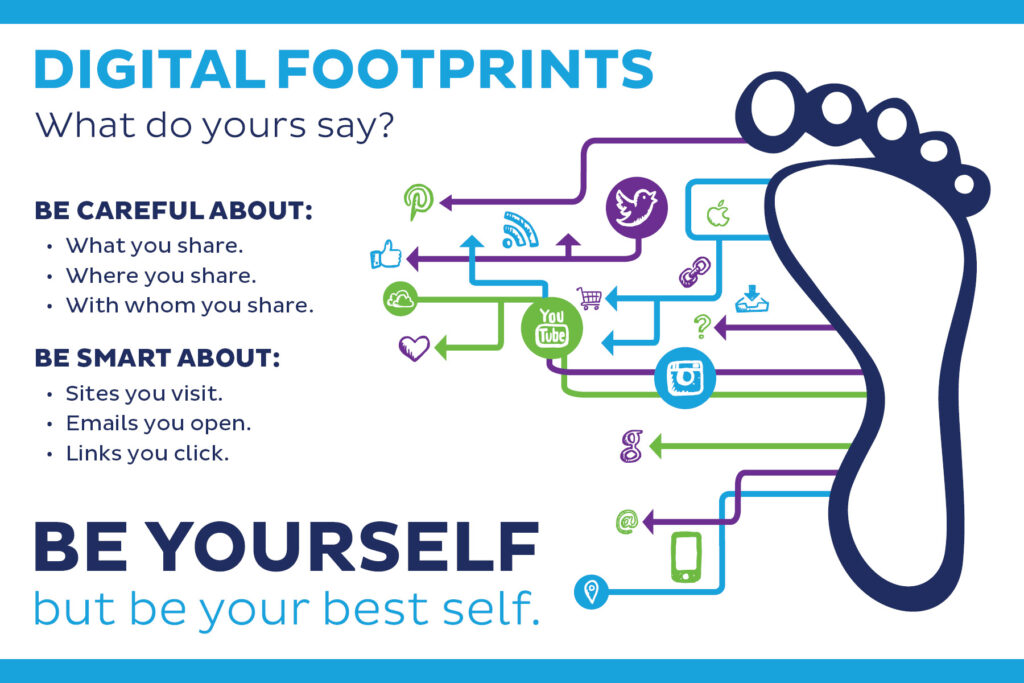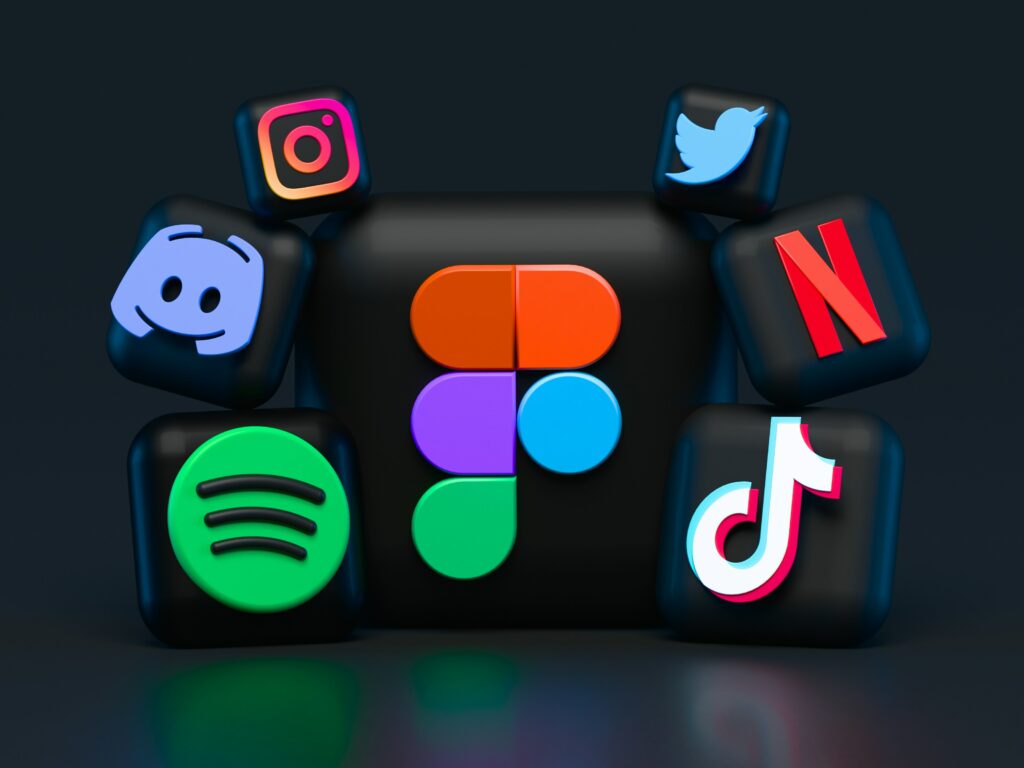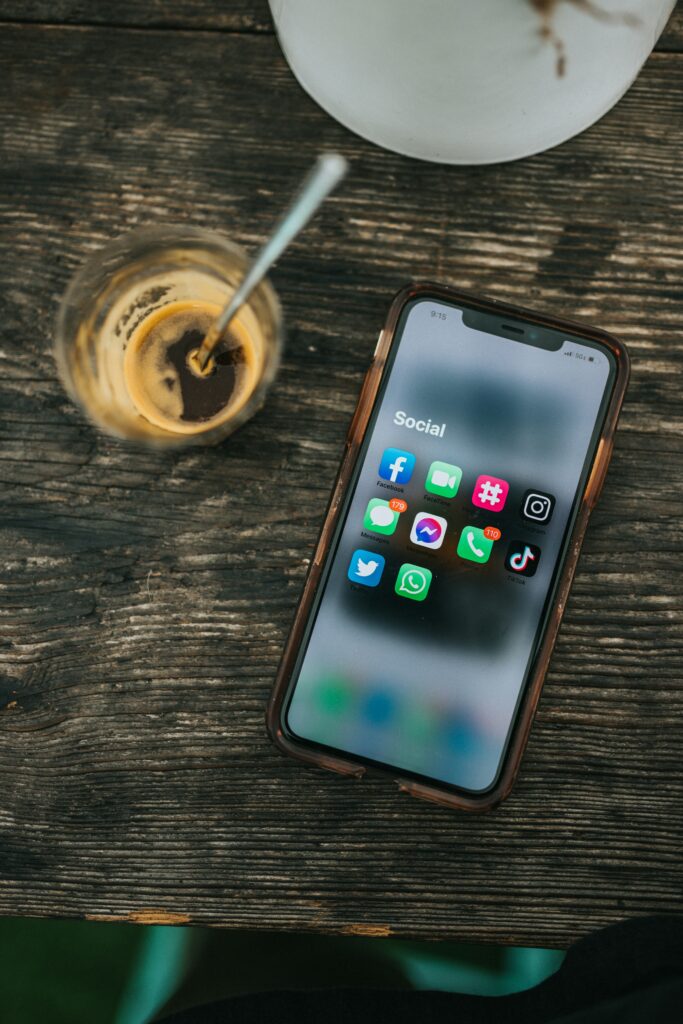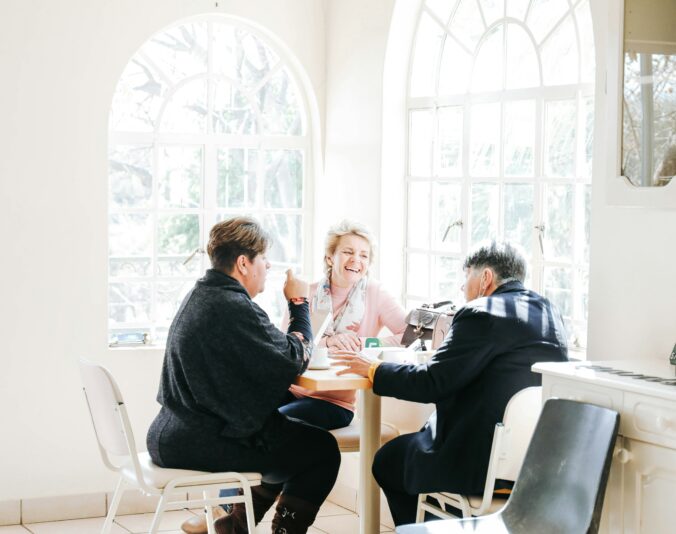Hello everyone! My name is Jessica Mahfoud, and I’m currently in my third year of studying Biology and Psychology at the University of Victoria, and I am originally from Calgary, Alberta. I’m really looking forward to this course because it mixes my interests in technology and education and will give me an opportunity to intertwine this within my academic journey.
Over the years, my experiences and encounters have shaped the way I learn. Growing up in, I’ve always had easy access to so much information online. As I’ve gotten through my studies in the sciences, I’ve realized the benefits and the challenges that technology has in education. In particular, social media has played a significant role in helping me connect with others in my field, and I’m excited to share my thoughts on how it’s effecting education.
Social Media‘s Impact on Education
Social media platforms are usually seen as entertainment and personal connection, but I believe they also hold great potential for enhancing education. For me, social media has been an essential tool for staying in touch with classmates, professors, and other professionals in my field. It’s a convenient way to keep up with the latest research, attend online events, and even network with people who share similar academic interests.
One of the best things about social media is how it creates a sense of community. Whether it’s joining student groups, engaging in discussions on current topics in biology and psychology, or following experts for, it allows us to learn and share ideas in a more convenient way.
However, there are challenges as well. One major issue is the large amount of information available, and it’s up to us to filter through it and ensure we’re intaking reliable content. Ultimately, it’s our responsibility as users to make sure we’re consuming information that adds value to our learning.
Personalized Learning With Digital Literacy
Personalized learning is something I truly value, especially since I’m interested in both biology and psychology. I find that learning is more motivating when I can explore subjects that align with my interests and at my own pace. Whether it’s taking an online course, or diving deeper into a specific research topic, having the ability to change my learning experience keeps me excited and focused.
Digital literacy is essential in allowing personalized learning to be effective. It enables us to manage online platforms, figure out the quality of information, and interact with it in meaningful ways. Today, digital literacy is needed because it pushes us to evaluate content and choose between fact and false information.
Digital Identity and Online Presence
Managing our digital identity is so important in academic and professional settings. The way we present ourselves online, through our profiles, shared content, and interactions, reflects who we are. It is important to be careful of how we manage our online presence to ensure it aligns with our values.
For me, keeping a positive digital identity is about sharing content that is thoughtful and important to my studies. It’s a way to express my academic interests and present myself well, while also showing respect for others.
Ethical Use of Online Platforms
Understanding how to navigate and use online platforms ethically is needed. I’ve had the chance to learn with digital tools, such as research databases, and I’ve come to realize the importance of ethical online behavior. Whether it’s making sure that we give credit where it’s due or being transparent in our posts, ethical use of online platforms is needed for creating positive and supportive online platforms.
It’s easy to post things impulsively online, but I believe we need to be thoughtful about what we share and how we interact. By using online platforms ethically, we contribute to a more respectful and productive digital space, which ultimately benefits everyone involved.
Conclusion
Ultimately, I believe social media can play an important role in education by creating connections, supporting learning, and allowing collaboration. Although there are challenges, such as the need to filter information and stay focused, social media offers so many opportunities for engagement and personalized learning. It’s our responsibility to navigate this space thoughtfully and manage our online presence.
Best regards,
Jessica Mahfoud









Recent Comments